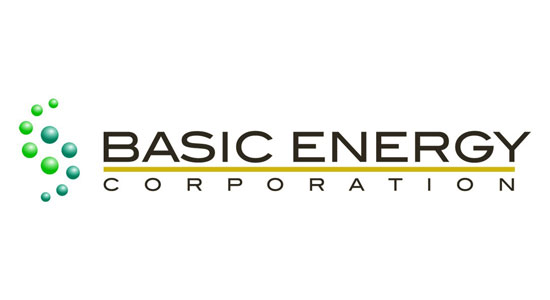Basic Energy to deploy electric buses in five years
- November 29, 2023
- 0

Basic Energy Corporation (BSC) is hoping for government support as they set their sights on rolling out electric buses in the next five years.
This proposal is part of the corporation’s Green Energy E-Transport Program (GEEP) which they would present to the Department of Transportation (DOTr) and the Land Transportation Franchising and Regulatory Board (LTFRB).
In a disclosure to the Philippine Stock Exchange, the BSC is planning to deploy 10 to 80 class 2 e-bus or 6,500 units and is hoping to secure 82 franchises, one for each province in the nation.
Furthermore, the corporation also planned to upda
The continuous prod for the modernization of PUJ transport under R.A. 11697, also known as the Electric Vehicle Industry Act, inspired BSC to introduce GEEP.
GEEP is a program that aims to launch
Meanwhile, Ecology Bu
These e-buses will be offered to transport operators with a choice between two models, providing a competitive option against Euro 4 diesel-engine powered versions.
Additionally, the company highlights a 40 percent reduction in energy costs. EBDC’s role extends to the local assembly of multipurpose electric vehicles (EVs) catering to various needs, including deliveries, emergency response, and enterprise applications.
Along with the electric buses, the company is planning to install solar panels with power storage and EV-charging facilities on selected retail stations for the e-buses to utilize.
And with the increase in e-buses, also meant demand for energy. In response, BEC is considering collaborations with distribution utilities (DUs) to establish modular Solar plus Battery Energy Storage Systems (BESS) to meet this demand.